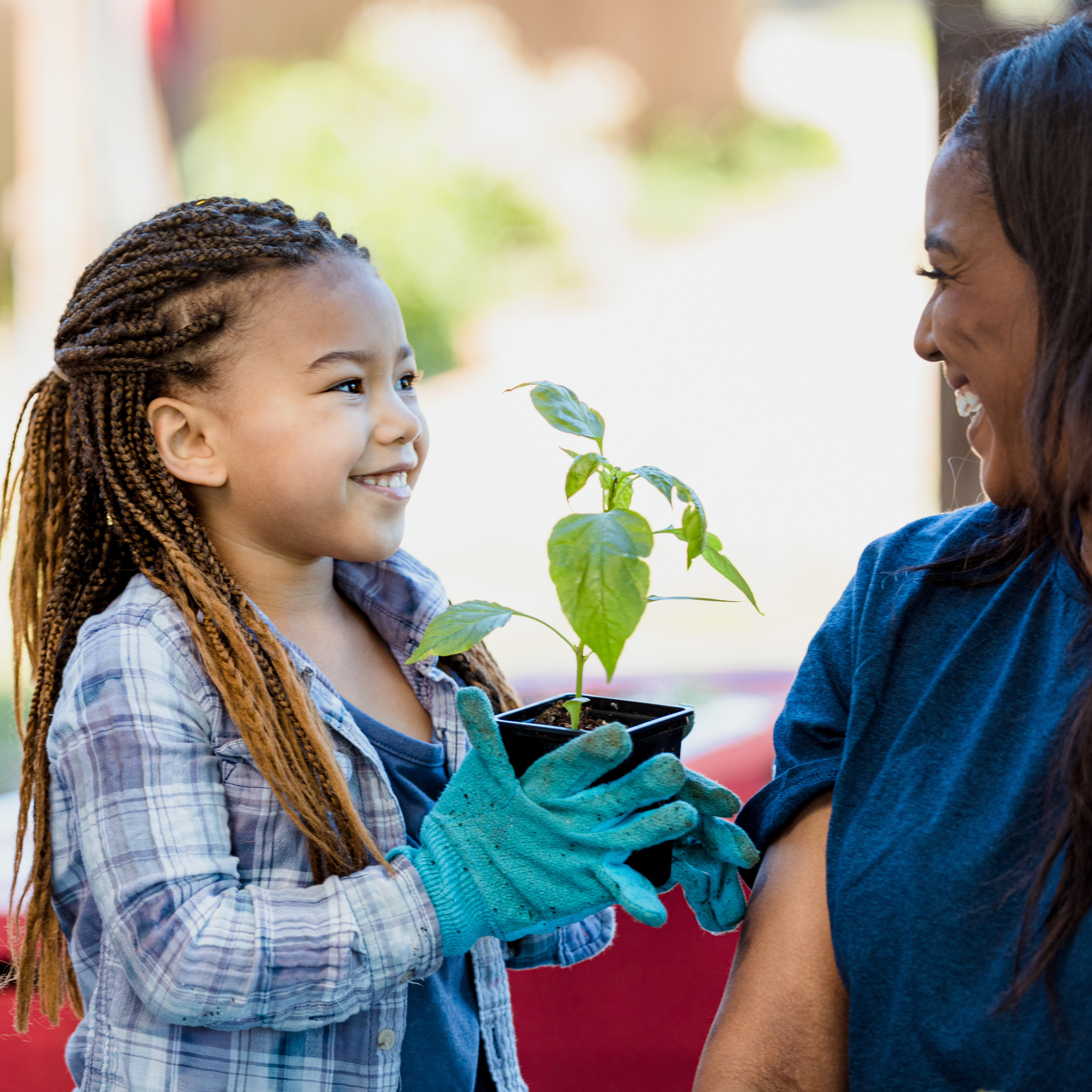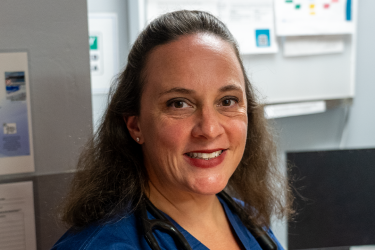In this episode of the & So Much More, our host, Cami Smith, sits down with Carter Broocks to learn more about the Community Health Needs Assessment that Centra administers every three years!
Carter explains how this assessment, commonly known as the CHNA, is a survey that helps Centra understand what the health needs of the communities it serves are. She also shares how the ten-minute survey has tremendous impact because it raises the voices of the individuals who call Lynchburg, Farmville and Bedford home and can speak directly to their own healthcare needs.
Together, Cami and Carter also explore how findings from 2021’s CHNA led to improving or creating specific resources to address the needs of communities in central Virginia. You won’t want to miss this episode!
Take the Community Health Needs Assessment online now!
Watch on YouTube
Transcript
Cami Smith:
Hi, and welcome to & So Much More. My name is Cami Smith and I'm your host, and I am here with Carter Brooks, who is not just a really good friend of mine, but she is also what we call a business partner for an area within Centra called Community Health.
Well, let me have you describe what is a business partner first.
Carter Brooks:
Well, a business partner, I work in marketing and communications and a lot of people ask, "How do you market healthcare?" And so probably the best thing I can say is we partner and say, "What messages do our community need?" Meet with all the different service lines and departments and, so one of them that I get to work with is Community Health, and that's just a great privilege.
Cami Smith:
Yes. And there are so many initiatives and different things that Community Health does throughout the year. But right now we are in the middle of our Community Health Needs Assessment, which is what we want to really talk about today.
We do it once every three years and it is so valuable. It is so important. But because you know so much more about it than I do, I'm going to have you tell us basically what is it? So Community Health Needs Assessment or community health survey, however, to refer to it, what is it?
Carter Brooks:
Right. So a lot of people refer to it as the CHNA, which is a little bit of a mouthful, but less so than Community Health Needs Assessments. And basically this takes a pulse of our community. Every three years as a not-for-profit healthcare system we want to say, "What's going on?" Whether it's in Bedford, Farmville, or Lynchburg, our communities have needs, and these needs across the board are not the same. And so the best way we can do that is ask our community partners, "Hey, what's going on? Is it access? Is it childcare? Is it access to food? What are these things, more than just a hospital or healthcare system touch that affect your health?"
And so we can then look at that and say, "Are there programs we can support? Or the programs that we can stand up internally that will meet those needs that are specific to those communities regionally."
Cami Smith:
I love that. And that's so easy to understand because it's our everyday lives. It's very easy for each of us within each of these communities to say, "These are my health needs and this is how it's not being met." And so we can't make that assumption on behalf of these incredible people that we get to serve, but you all can tell us what you need. And so I think that when people think about taking a survey, that's probably the last thing you want to do.
I think whenever I get a survey prompt, it's like, "Do you want to take this super short brief five minute survey?" Try to make it very approachable. This is a very approachable survey. It does take a bit, but can you tell us a little bit about the survey itself?
Carter Brooks:
In transparency, it's about 10 minutes, but it's asking questions of where are you? What are those things that you are, whether you're in Bedford dealing with? Maybe it's transportation there, maybe it's things that you're seeing in the community. In the last three years, we've seen huge changes in the post COVID world. And how is that affecting you? And every single person's voice matters. Because everybody has a different perspective and everybody's experiencing things a little bit differently. And so we absolutely need and want to hear from everybody within our communities.
Cami Smith:
Yes. Something that I heard, we were doing some promotions here in the marketing office and there was this line that stuck with me about CHNA, about the survey. It said, "The health of our community impacts everything we do."
Carter Brooks:
100%.
Cami Smith:
And it is so true. I mean, there is not one thing especially from a health system perspective, but I think about all of these incredible nonprofits that we have in all of these communities, and they benefit greatly from the results of this survey. We already have heard why it's important, what it is, but what comes out of it? What are some fun things that have come out and some actually really tangible ways that needs have been met out of the survey?
Carter Brooks:
So two big things actually stand out. One is locally here in Lynchburg, which is the emPATH unit. Access to our emergency department came up as a huge issue. At the same time another huge issue is meeting the mental health needs of our community. Our emergency department and our psychiatry and behavioral health department got together and created a unit for people who are an emergent mental health crisis so that they would be treated in such a very specialized way.
The needs that are in an emergency room are very, very vast. And so being able to pull them into a little bit more calming of an environment and be very specific with those mental health needs, and at the same time giving a little bit more access for emergency health department to do what they need to do. So that was a huge thing.
Here up in Bedford it's so cool. It's called the Otter Bus and it's a transportation, and so it runs regularly. It goes from different apartments to the post office to grocery stores. And so that was something that came out of the health needs assessment that then the town of Bedford stood up. And so, it's really neat to see how other organizations look at the findings, look at the needs and say, "Hey, what can we put in place to support these needs?"
Cami Smith:
Yeah, that is so incredible. I'm very curious how many people have stories from this survey, from the results of the survey? Or how their lives have been impacted because of some of these initiatives that have come into place? I just think that that's such a tangible way to see how all of this is coming full circle each and every time we do it every three years. And so you can take the survey just to come back to what is the most important thing right now? Take the survey. We want you so badly to get in there. We want your voice to be heard. And you can take this on our website.
Before I tell you where on our website, you're going to see a lot of things there. So, it's area specific as Carter mentioned. And you can take this survey based on your area and it is very clearly labeled, whether it's Farmville, or Bedford, or Lynchburg, et cetera. You can also take it in English, or you can take it in Spanish. And so those links are there. The website is fully accessible, and so you should be able to access that information however you need to access that information. Now what you need to do is go to centrahealth.com/communityhealth, and that is where you can take this brief 10 minute survey, this brief short 10 minute survey. We really encourage you, let your voice be heard. Thank you for watching on & So Much More, today.




